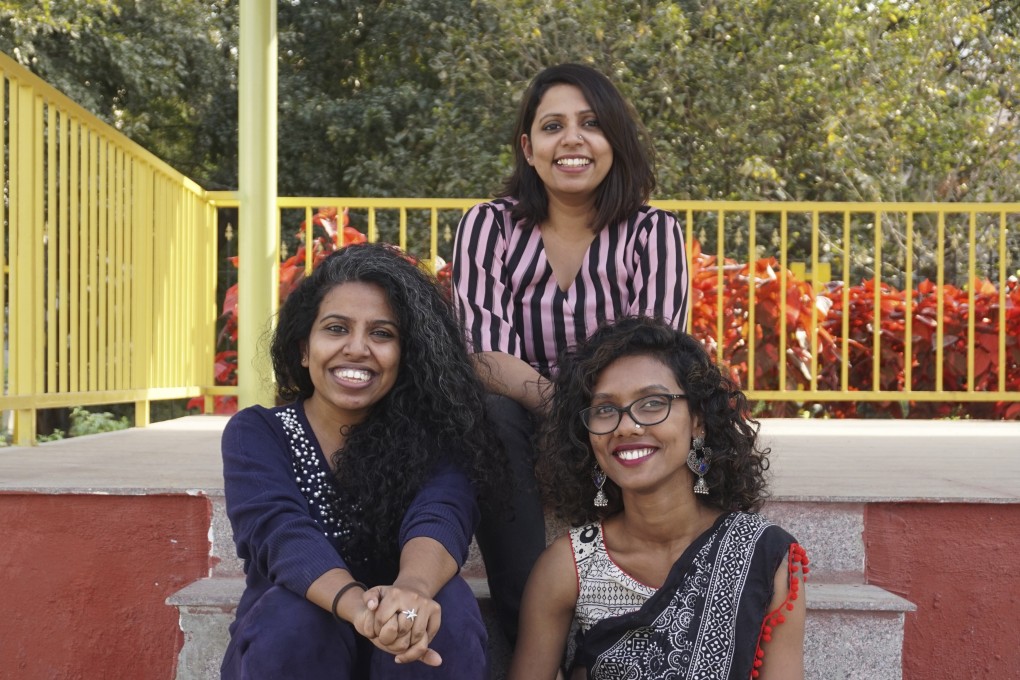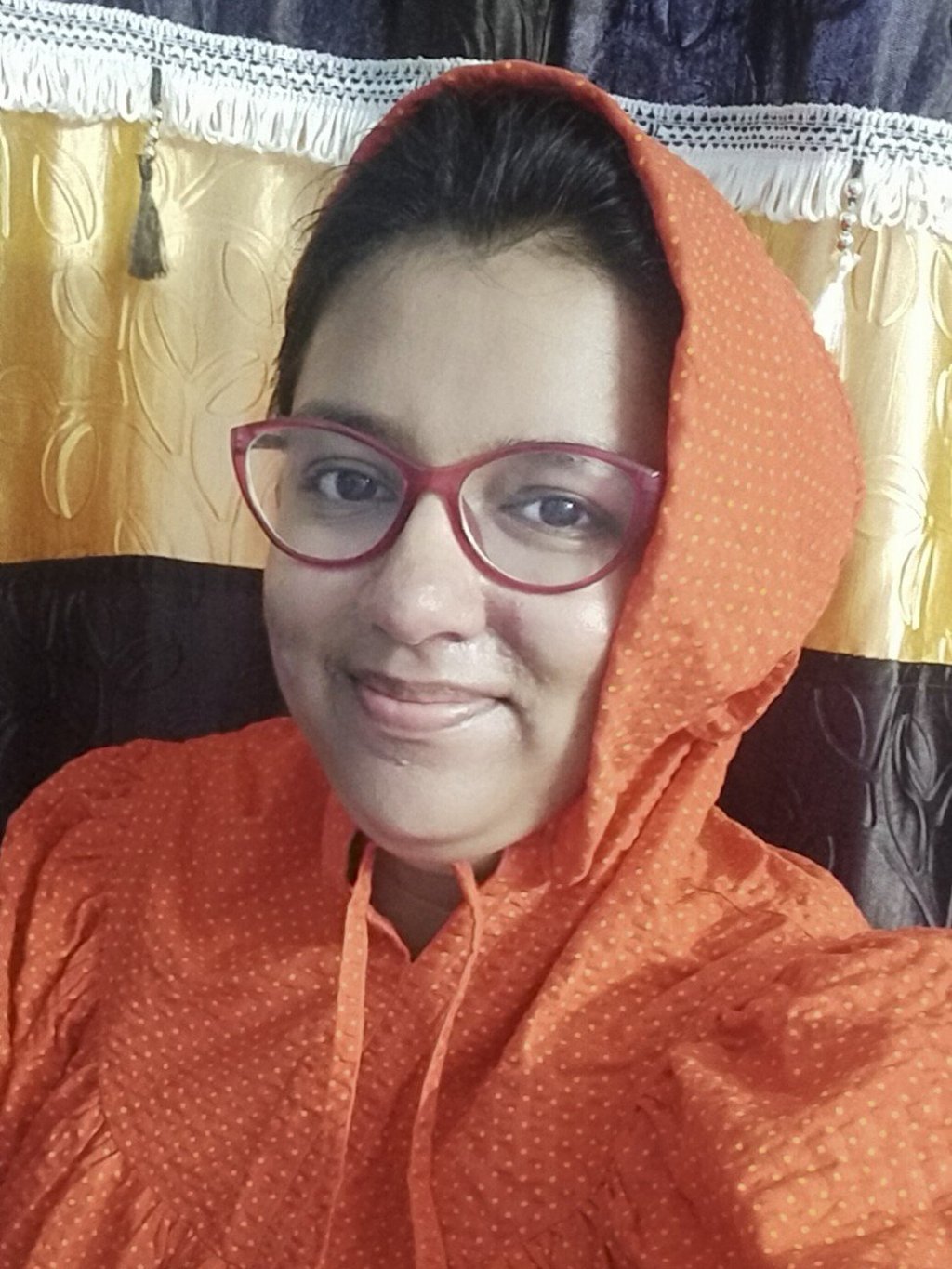A helping hand, a listening ear: abortion helpline in India, where 10 women a day die from unsafe terminations, offers counselling and access to a safe clinic
- Lockdowns in India to curb Covid-19 have reduced women’s access to birth control, causing a rise in unplanned pregnancies and unsafe abortions
- Sexual and reproductive health platform Hidden-Pockets Collective runs a free helpline to advise women and tell them where they can have an abortion safely

Yet another consequence of the coronavirus pandemic has been to restrict the access of millions of women in lockdown to their choice of birth control. India is seeing millions of unintended pregnancies – and risky abortions.
Zainab Mandlawala will never forget her own experience on a March afternoon in 2018. After waiting for hours, a gynaecologist finally led her into the operating room and numbed her cervix with a local anaesthetic. She then performed a “D&C” – dilation and curettage – abortion.
Mandlawala couldn’t stop screaming through the 10-minute procedure, which “felt like 10 hours”, she says. “The doctor later told me that the local anaesthetic probably didn’t work on me.” To assuage her, the doctor discounted the hefty fee charged for the clandestine procedure. The doctor who tended to Mandlawala owns a hospital in the south Indian city of Visakhapatnam, and didn’t give her any proof of the procedure, because, she said, it was ‘illegal’.
“The worst was when I asked the gynaecologist if I could conceive again and she said ‘I don’t know’,” Mandlawala recalls. “I went home and bawled and bawled in front of my husband.”

Her case is not an isolated one. Millions of women in India who seek an abortion are unable to find an honest and dependable service, and resort to either unqualified practitioners or medical abortions without consultation.